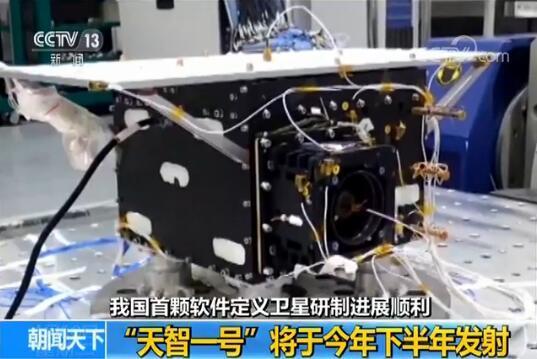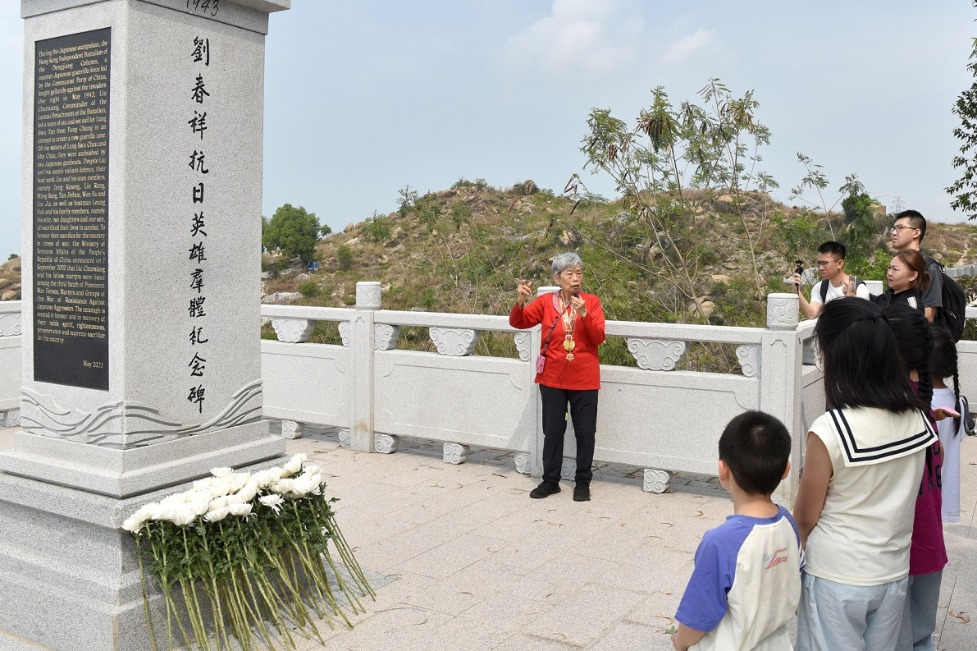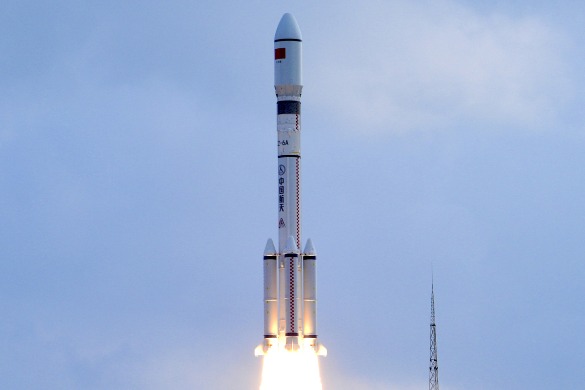China to launch first software-based satellite


With a new-type satellite to be launched this year, China is expected to be able to include satellite data in artificial intelligence, youth.cn reported on Monday.
The country's first software-based satellite is expected to begin its journey to space from the Jiuquan Satellite Launch Center in the second half of 2018 and conduct in-orbit experimental verification, CCTV said.
Tianzhi 1, literally translated from Chinese as "sky-based intelligence", is focused on software, carrying a small cloud computing platform and four domestically made smartphones.
Unlike a single-mission traditional satellite, it develops aviation software for different satellites and has an app store for various aviation applications.
"In the era of AI, we should put a 'brain' on the earth observing satellites," Li Deren, an academician from the Chinese Academy of Sciences and a professor with Wuhan University, said.
He noted once a "sky brain" is built, data from various satellites could possibly be received and operated on smartphones, making satellite data accessible to the public.
Li said the "brain" could help satellites react quickly. "When a satellite takes a picture of our navy soldiers encountering pirates in Africa, it takes hours for the satellite to travel above China," he said. "Then, the data is downloaded to a ground station and sent to the navy. At that time, the pirates have gone."
Other experts pointed to the efficiency of satellites. "Only about 10 minutes of data satellites collect in a day are, on average, needed by the ground. Our telecommunications, navigation and remote sensing satellites are also separate, with one for a single function," said Yang Xiaoniu, an academician at the Chinese Academy of Engineering and a professor with Xidian University.
According to Zhao Junsuo, a researcher at the CAS, Tianzhi 1 has several salient features: a high degree of intelligence which allows in-orbit processing of most satellite data, universal software development for in-orbit experiments and universal access to its real-time status through a phone app.
Zhao said, "Our goal is not launching as many satellites as possible, but to provide an 'all-in-one' solution, similar to the Android operating system."
- Zhejiang leads in innovation, IP development
- Lotus sanctuary dazzles at wetland park in Chongqing
- Nearly 5,700 residents relocated amid heavy rain in Jizhou, Tianjin
- China to offer nationwide childcare subsidies
- China sees better air, water quality in H1
- Heavy-ion accelerator integrating into cancer treatment in China





































